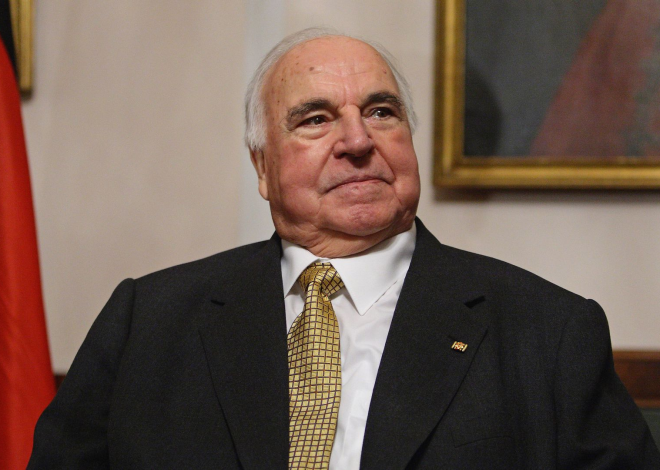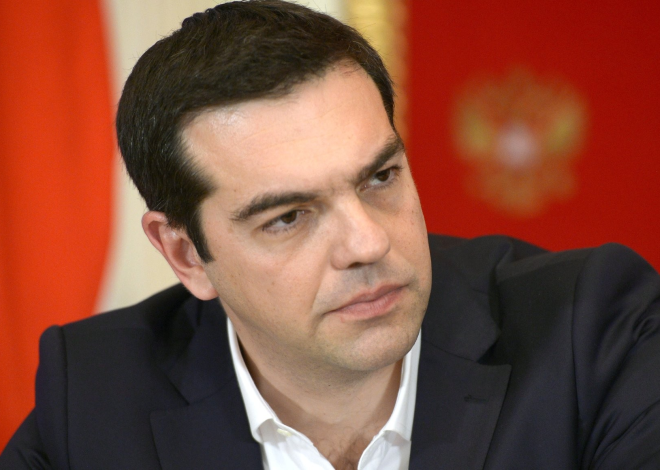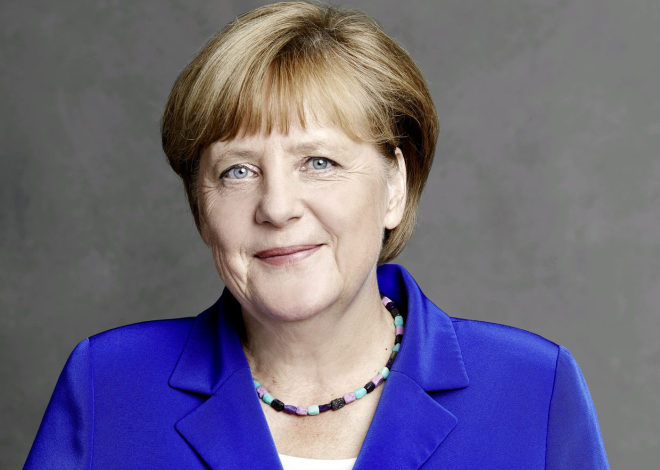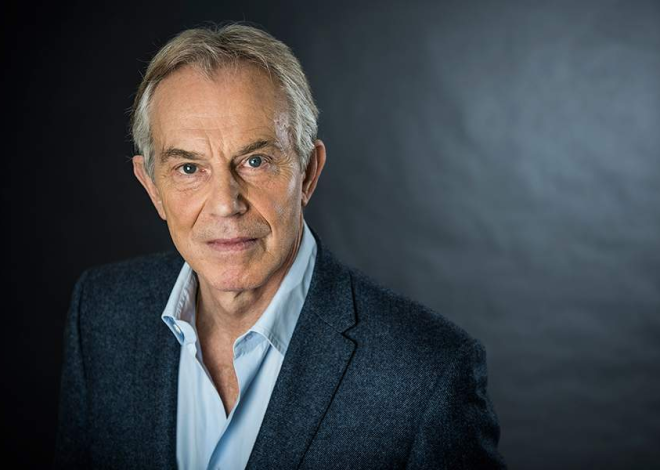
Lech Wałesa
Lech Wałęsa (born September 29, 1943) is a Polish politician, labor activist, and Nobel laureate who played a pivotal role in the struggle for workers’ rights and democracy in Poland. He is best known as the founder of the Solidarity labor movement and served as the President of Poland from 1990 to 1995.
Here is a detailed history of Lech Wałęsa:
Early Life and Education:
- Wałęsa was born in Popowo, a small village in northern Poland. He came from a working-class family and began working as an electrician after completing his primary education.
- In 1967, he graduated from the Lenin Shipyard Electrical Technician School in Gdańsk.
Labor Activism:
- In the early 1970s, Wałęsa became involved in labor activism, particularly in the Gdańsk shipyards. He joined the Workers’ Defense Committee (KOR), an organization that supported workers’ rights and civil liberties.
- On August 14, 1980, Wałęsa led a strike at the Gdańsk Shipyard, demanding better working conditions and the right to establish an independent labor union. The strike resulted in the signing of the Gdańsk Agreement, which recognized the workers’ rights and the formation of the Solidarity labor movement.
Solidarity and Martial Law:
- Solidarity, under Wałęsa’s leadership, quickly grew into a mass movement with millions of members across Poland. It was the first independent labor union in a Soviet Bloc country.
- In December 1981, Poland’s communist government, under General Wojciech Jaruzelski, imposed martial law and arrested Wałęsa and other Solidarity leaders. Wałęsa spent nearly a year in detention.
Release and Nobel Peace Prize:
- Wałęsa was released from detention in November 1982 but remained under surveillance by the authorities.
- In 1983, he was awarded the Nobel Peace Prize for his non-violent struggle for workers’ rights and democracy in Poland. He dedicated the prize money to support further activism.
Continued Opposition and Negotiations:
- Despite ongoing government repression, Lech Wałęsa and Solidarity continued their opposition to communist rule. They organized strikes, protests, and underground activities.
- In 1988, Wałęsa and Solidarity engaged in negotiations with the government, leading to the historic Round Table Talks. These talks paved the way for democratic reforms and free elections in 1989.
President of Poland:
- In 1990, Lech Wałęsa ran for the office of President of Poland in the country’s first free presidential election. He won the election, becoming Poland’s first democratically elected president.
- As president, he played a crucial role in overseeing Poland’s transition to a market economy and democratic political system.
Post-Presidential Life:
- After his presidency, Wałęsa remained involved in political and social issues. He founded the Lech Wałęsa Institute to promote democracy and human rights.
- His post-presidential years were marked by political controversies, including debates over his role in the communist-era secret police files.
Legacy:
- Wałęsa is celebrated as a symbol of resistance to communist rule and a champion of workers’ rights and democracy. His leadership of the Solidarity movement was instrumental in Poland’s transition to democracy and its eventual membership in the European Union.
- He remains an influential figure in Polish and international politics, although his legacy has been the subject of debate and controversy.
Wałęsa’s life and career exemplify the power of non-violent resistance and the determination of individuals to bring about democratic change. His contributions to the end of communism in Poland and the broader impact on Eastern Europe are widely recognized and celebrated.







